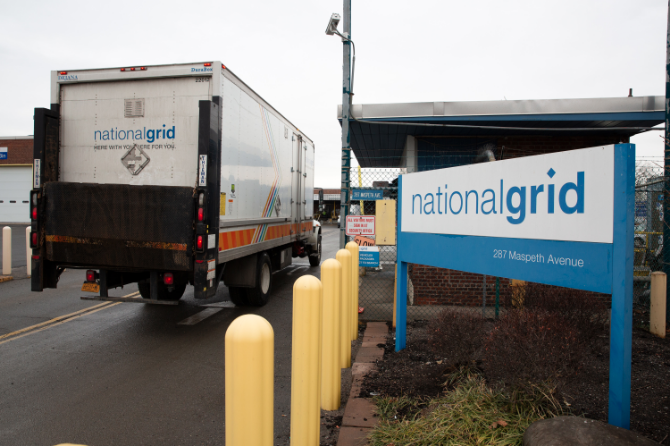Judge Temporarily Freezes Plan to Truck Frigid Liquid Natural Gas to Brooklyn


This article was originally published on by THE CITY
Environmental activists protesting changes to National Grid’s Greenpoint hub for more than a year are claiming a legal victory — but the utility is pushing back.
Following a court order, National Grid last week stopped construction work at the Brooklyn site that could be used to load and unload trucks containing liquefied natural gas, or LNG.

Brooklyn Boro
View MoreNew York City’s most populous borough, Brooklyn, is home to nearly 2.6 million residents. If Brooklyn were an independent city it would be the fourth largest city in the United States. While Brooklyn has become the epitome of ‘cool and hip’ in recent years, for those that were born here, raised families here and improved communities over the years, Brooklyn has never been ‘uncool’.